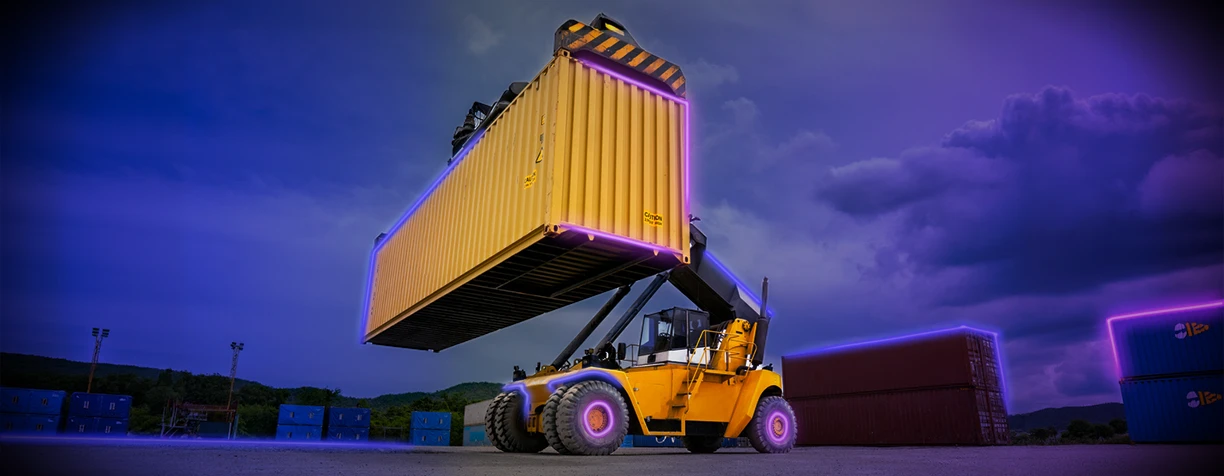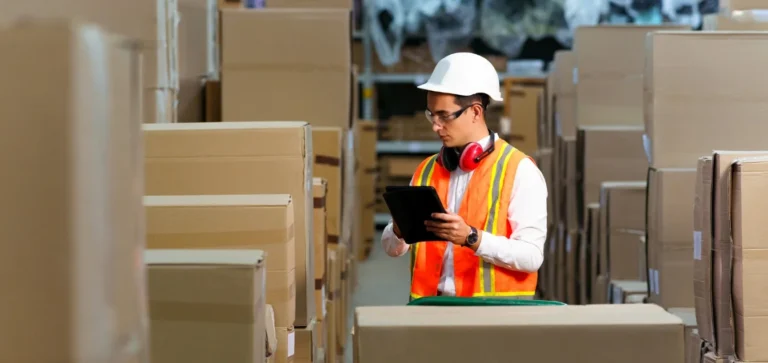In the dynamic world of supply chain management, efficiency and speed are paramount. One strategy that’s gaining significant traction is transloading. But what is transloading exactly, and why is it becoming so crucial in 3PL logistics? This 2025 guide will provide a comprehensive overview of transloading, exploring its benefits, applications, and how it can optimize your logistics operations.
Table of Contents
Transloading in 3PL
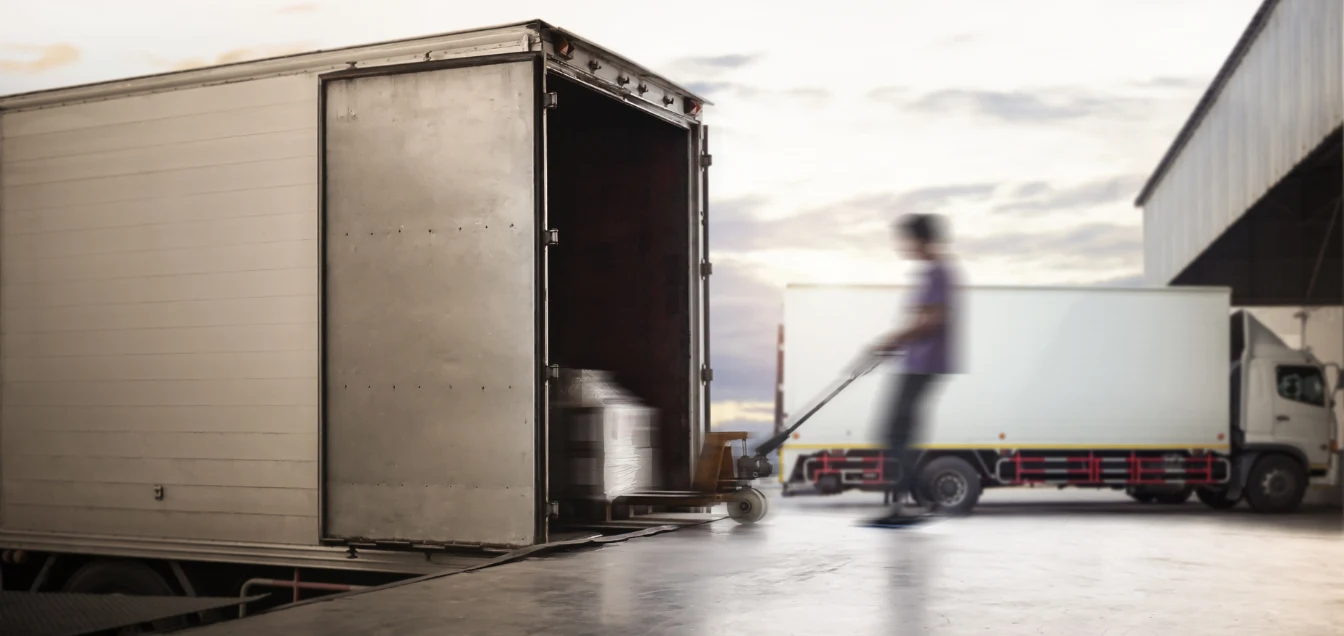
Transloading in 3PL refers to the transfer of goods from one mode of transportation to another within a third-party logistics provider’s network. This could involve moving products from a railcar to a truck or from an ocean container to a warehouse. It’s a strategic maneuver used to optimize delivery times and reduce transportation costs.
Advantages of Transloading Logistics
Transloading offers several key advantages. It allows businesses to leverage the most cost-effective modes of transport for each leg of the journey. It can also bypass congested areas, reduce handling, and accelerate delivery times. Improved efficiency, reduced costs, and faster delivery times contribute to increased customer satisfaction.
Transloading in Logistics
Transloading in logistics plays a pivotal role in modern supply chain management, bridging the gap between various transportation methods to create a seamless, optimized flow of goods. It enables businesses to tailor their transportation strategies to specific needs, maximizing efficiency and minimizing costs.
Transloading vs. Cross-Docking
While both involve transferring goods, transloading and cross-docking differ significantly. Transloading involves transferring goods between different modes of transport (e.g., rail to truck), while cross-docking involves transferring goods from one truck to another with minimal storage time. Cross-docking aims for immediate distribution, while transloading focuses on optimizing transportation modes over longer distances.
The Role of Transloading in Reducing Freight Costs
Transloading reduces freight costs by enabling companies to use the most economical mode of transportation for each segment of the supply chain. For instance, long-distance shipping via rail can be significantly cheaper than trucking. Transloading allows businesses to capitalize on these cost differences by combining multiple modes of transport.
The Importance of Location in Choosing a Transloading Provider
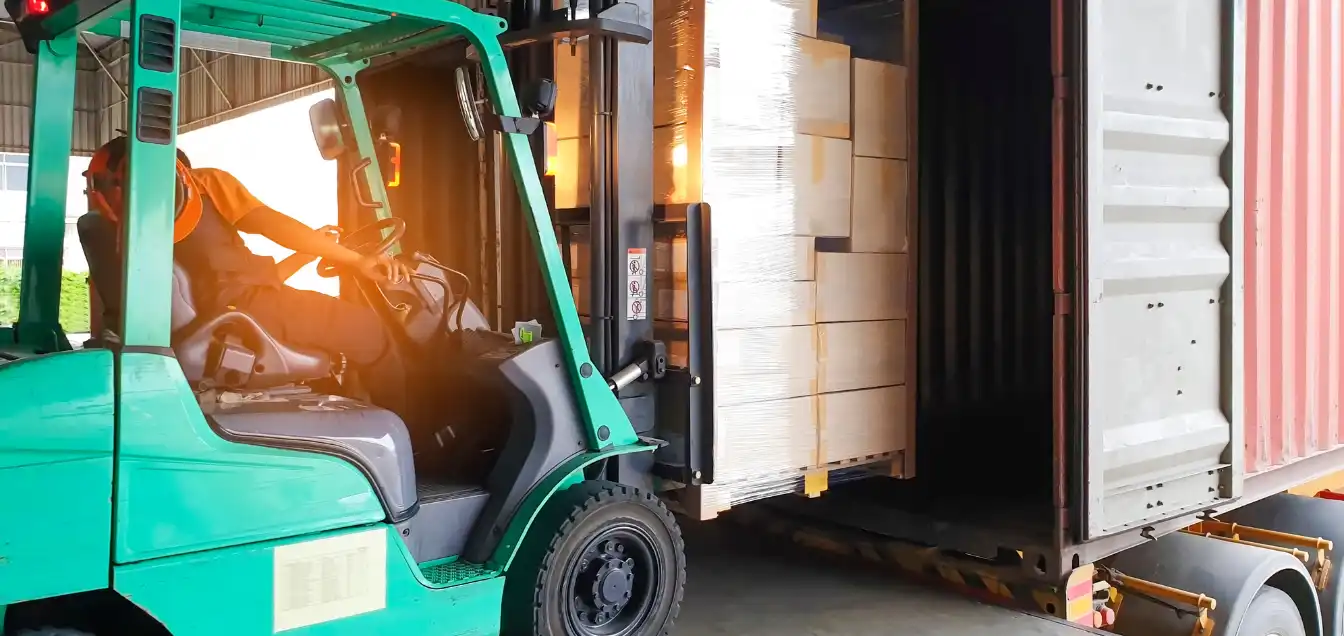
The location of a transloading provider is critical. Proximity to ports, rail yards, and major highways is essential for efficient transfer and onward transport of goods. Strategic locations minimize transit times and drayage costs, maximizing the benefits of transloading.
5 Industries That Benefit from Transloading Services
Numerous industries benefit from transloading. Here are 5 examples:
- Agriculture: Moving crops from farms to processing plants and distribution centers.
- Manufacturing: Transporting raw materials and finished goods between factories and markets.
- Energy: Transferring oil, gas, and other energy resources.
- Retail: Distributing goods from ports and distribution centers to retail stores.
- Construction: Moving building materials and equipment to construction sites.
Transloading for International Shipments
Transloading is particularly valuable for international shipments. It facilitates the seamless transfer of goods from ocean-going vessels to domestic transportation networks, enabling efficient distribution across continents. This is crucial for businesses engaged in global trade.
How Transloading Helps Overcome Port Congestion Issues
Port congestion is a major challenge in global logistics. Transloading can alleviate this issue by allowing businesses to move goods away from congested ports quickly. By transferring goods to rail or trucks, transloading helps to clear port backlogs and maintain a smooth flow of cargo.
third-party Logistics Canada
For businesses operating in or importing to Canada, selecting an efficient third-party logistics Canada provider that offers transloading options is crucial. The provider should have strategically located facilities, extensive transportation networks, and expertise in managing complex supply chains.
Transloading in Canada
What is transloading’s significance in Canada? Given its vast geography and reliance on international trade, transloading in Canada is a critical component of its logistics infrastructure. It facilitates the movement of goods across the country, connecting ports, rail lines, and trucking routes.
Costco Transloading Service in Canada
Many large retailers, such as Costco, utilize transloading services in Canada to optimize their supply chains and ensure efficient distribution of goods to their stores across the country. These services allow for the seamless transfer of products from various transportation modes, helping to reduce costs and improve delivery times.
Canada Solar Panel Transloading
The renewable energy sector also relies on transloading, and Canada solar panel transloading is a specialized example. Transferring these panels from ships to trucks or rail requires careful handling and specialized equipment, making transloading services essential for the growth of the solar industry in Canada.
Transloading in Vancouver
What is transloading’s role in Vancouver? As a major port city, transloading in Vancouver is essential for handling goods arriving from Asia and other international locations. Efficient transloading operations ensure that goods can be quickly moved inland, supporting the city’s role as a major trade hub.
Transloading in Toronto
What is transloading’s importance of transloading in Toronto? As Canada’s largest city and a major distribution center, transloading in Toronto is crucial for managing the flow of goods to and from the Greater Toronto Area and beyond. Its strategic location makes it a key hub for transloading operations.
Transloading in Montreal
Montreal’s strategic location on the St. Lawrence Seaway makes transloading in Montreal vital for connecting maritime shipping with inland transportation networks. The city’s transloading facilities play a key role in facilitating trade between North America and Europe.
two-day shipping
For companies aiming to offer two-day shipping, efficient transloading is crucial. It helps expedite the movement of goods through the supply chain, enabling faster delivery times and enhanced customer satisfaction.
FTL transport
Transloading often involves the use of FTL transport for the final leg of the journey. Transferring goods from railcars to full truckloads allows for efficient delivery to distribution centers or end customers.
Shipping Containers in Toronto
The efficient handling of shipping containers in Toronto relies heavily on transloading facilities. These facilities enable the quick transfer of goods from containers to trucks or railcars, ensuring the smooth flow of imports and exports.
fastest shipping in Canada
To achieve the fastest shipping in Canada, businesses must leverage transloading to optimize their supply chains. By strategically positioning transloading facilities and utilizing efficient transportation modes, companies can significantly reduce delivery times.
trucking logistics services
Transloading is closely linked to trucking logistics services. Trucks are often used for the first or last mile of transportation, connecting transloading facilities with ports, rail yards, and distribution centers.
Trucking Price Form
Businesses looking to utilize trucking for transloading purposes often need to obtain quotes using a Trucking Price Form. This helps them compare prices and select the most cost-effective trucking services for their specific needs.
port drayage Services
Port Drayage Services are crucial for transloading, involving the short-distance transportation of goods from ports to nearby transloading facilities. Efficient drayage operations are essential for minimizing delays and maximizing the benefits of transloading.
third party logistics
The success of transloading relies on effective third party logistics partners. These providers offer the expertise, infrastructure, and technology needed to manage complex transloading operations and optimize supply chains. What is transloading’s dependence on them? It is very high.
Here’s an example of what is transloading can do in a 3PL scenario:
- A shipment of furniture arrives at the Port of Vancouver from Asia.
- The goods are transferred from the shipping container to a transloading facility near the port.
- The furniture is then loaded onto trucks for delivery to various retail stores across Western Canada.
Real Companies Offering Fulfillment Services:
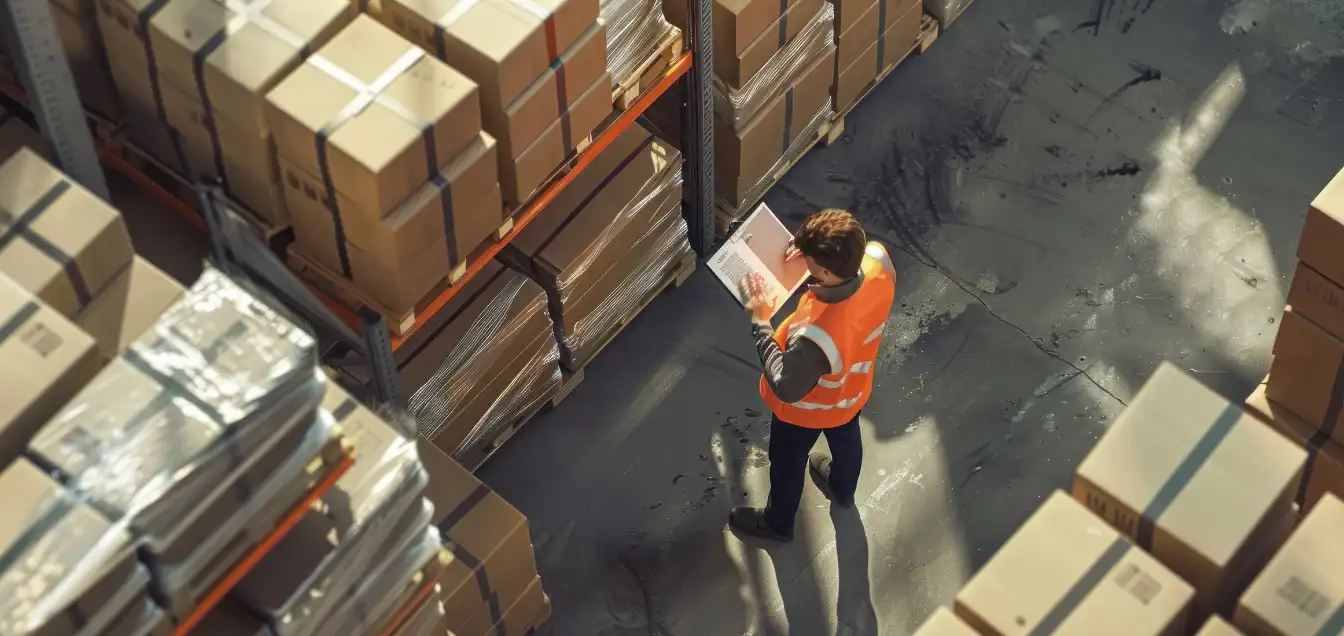
Here are 5 companies that offer fulfillment services, which may include transloading:
- DelGate
- Red Stag Fulfillment
- XPO Logistics
- DHL Supply Chain
- FedEx Supply Chain
What is transloading’s current market size?
Industry Data & Reports:
|
Data Point |
Value |
Source |
|
Global 3PL Market Size |
$1.15 Trillion |
Statista |
|
CAGR of 3PL Market |
6.8% |
Statista |
|
Transloading Market Size |
$150 Billion |
Industry Estimates |
What is Transloading: Conclusion
What is transloading? As we’ve explored, transloading is a powerful strategy for optimizing supply chains, reducing costs, and accelerating delivery times. By leveraging the benefits of transloading, businesses can enhance their competitiveness and meet the evolving demands of the global marketplace. As we move into 2025, it is clear that transloading will continue to play a pivotal role in the world of 3PL logistics. What is transloading is the new question but how can we adapt it to our business model?

